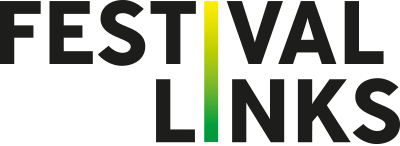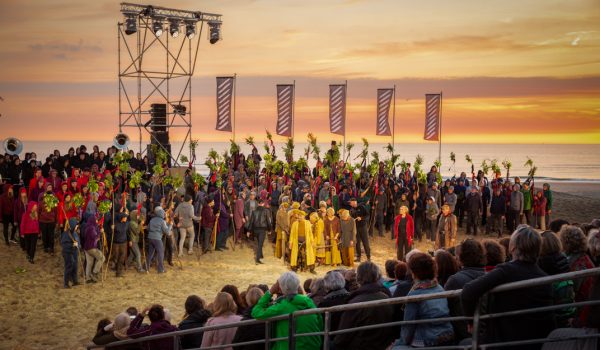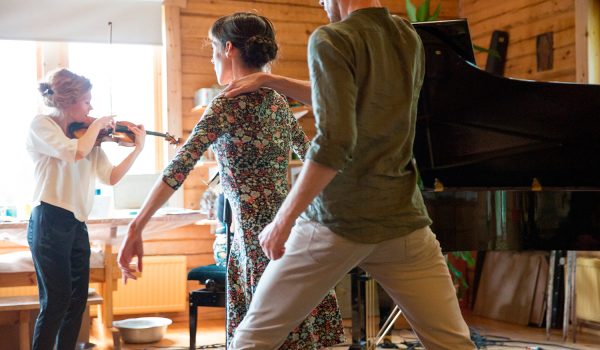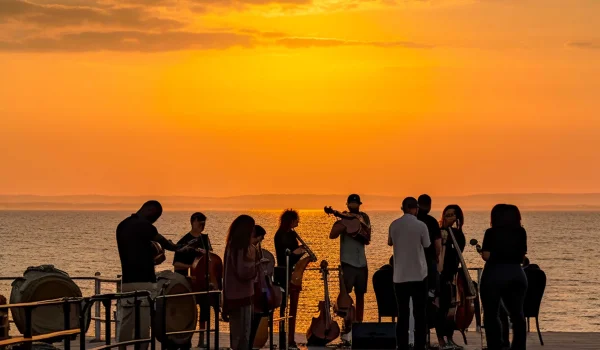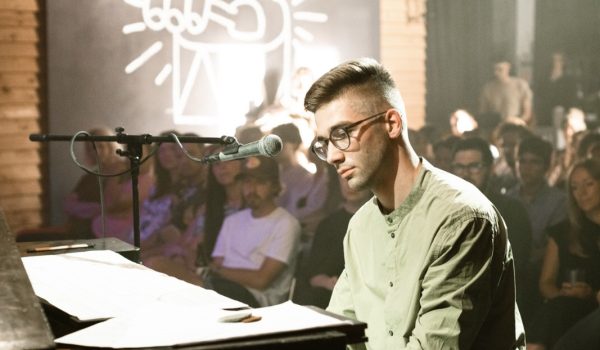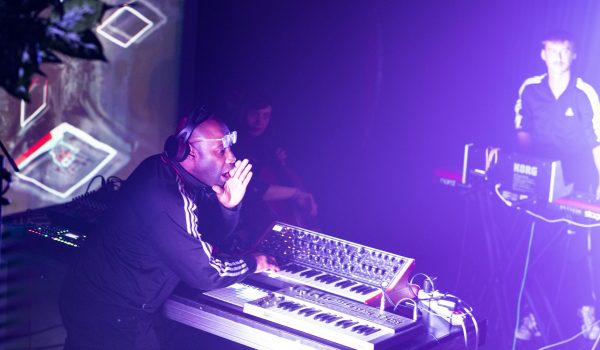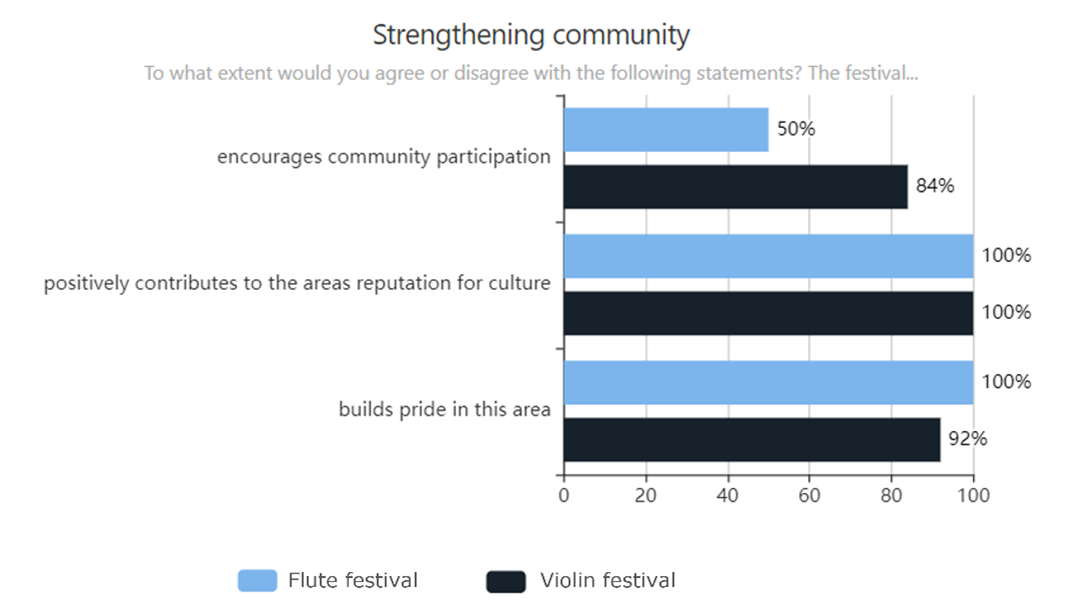ARTSCORE for festival impact
The ARTSCORE Impact Dashboard is empowering independent, European festivals with affordable research for audience and impact insight, year over year. Festival directors and organisers use ARTSCORE to:
• gain audience and impact insights,
• manage and steer on audience participation, development, and experience,
• compare project results, forecast and report to stakeholders,
• share and be transparent with partners and peers,
• raise funds with professional, data-driven reporting, and
• learn from their own experiences as well as industry and peer benchmarks.
Create your own.
For festivals, by festivals
ARTSCORE was developed by Cigarbox Impact Advisory in partnership with Festivallinks 2.0 project partners. These partners—directors and organisers of independent, European festivals—invested time in a two–year pilot to develop a research framework and process that works for small-scale and/or community festivals.
As a result, and thanks to financial support from the European Commission, other festivals in Europe can now benefit from their work: a resource-friendly way to do audience research, with capacity–building and impact modules specific to the festival sector.
About Cigarbox
Cigarbox (www.cigarbox.nl) has been helping cultural and governmental organisations steer on, and toward, positive societal impact for more than ten years. Hundreds of festivals—from classical music, theatre and film festivals to major sporting events and Eurovision Song Festival—have worked with Cigarbox and use an Impact Dashboard year over year to maximize impact per Euro invested.
